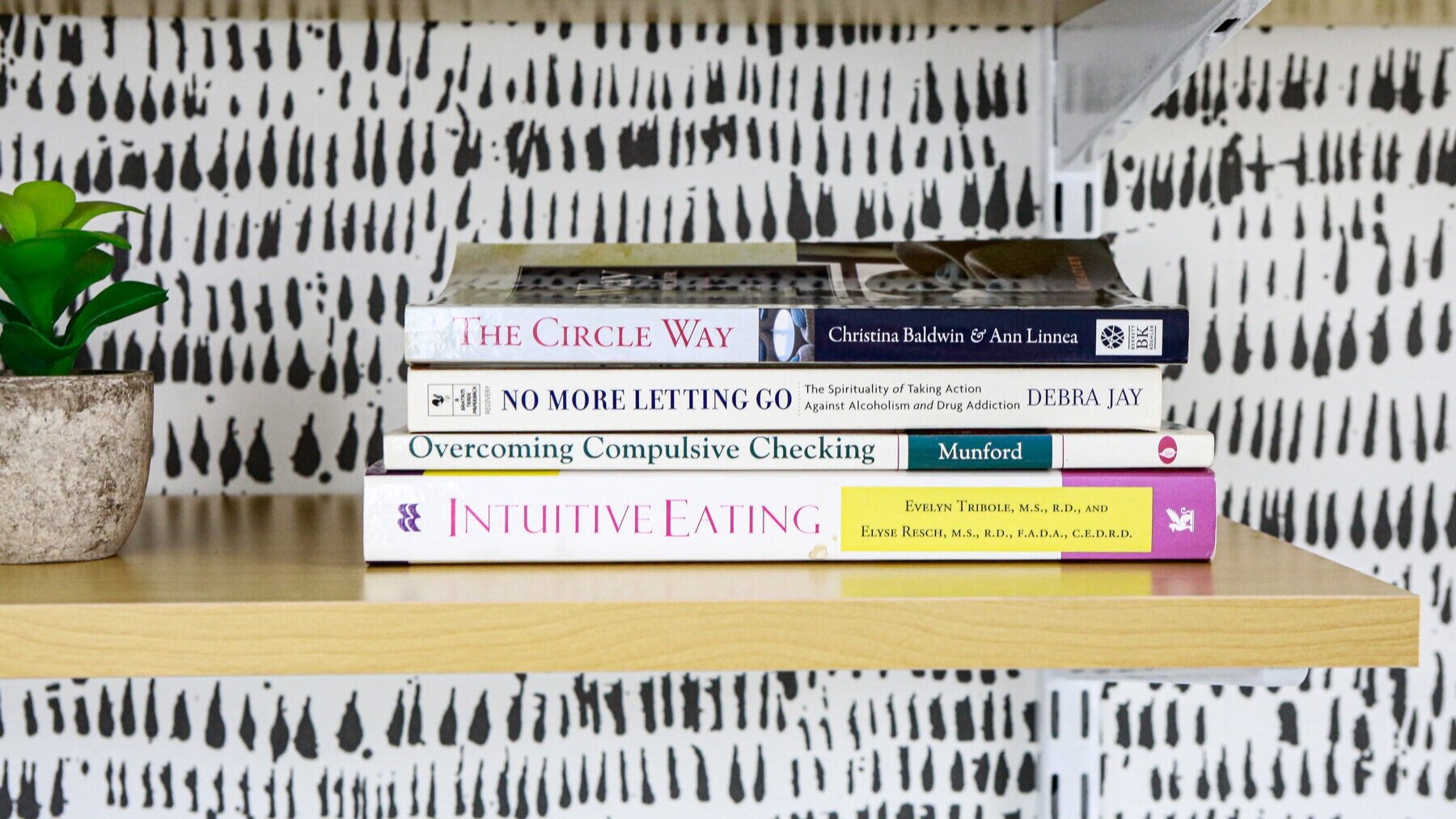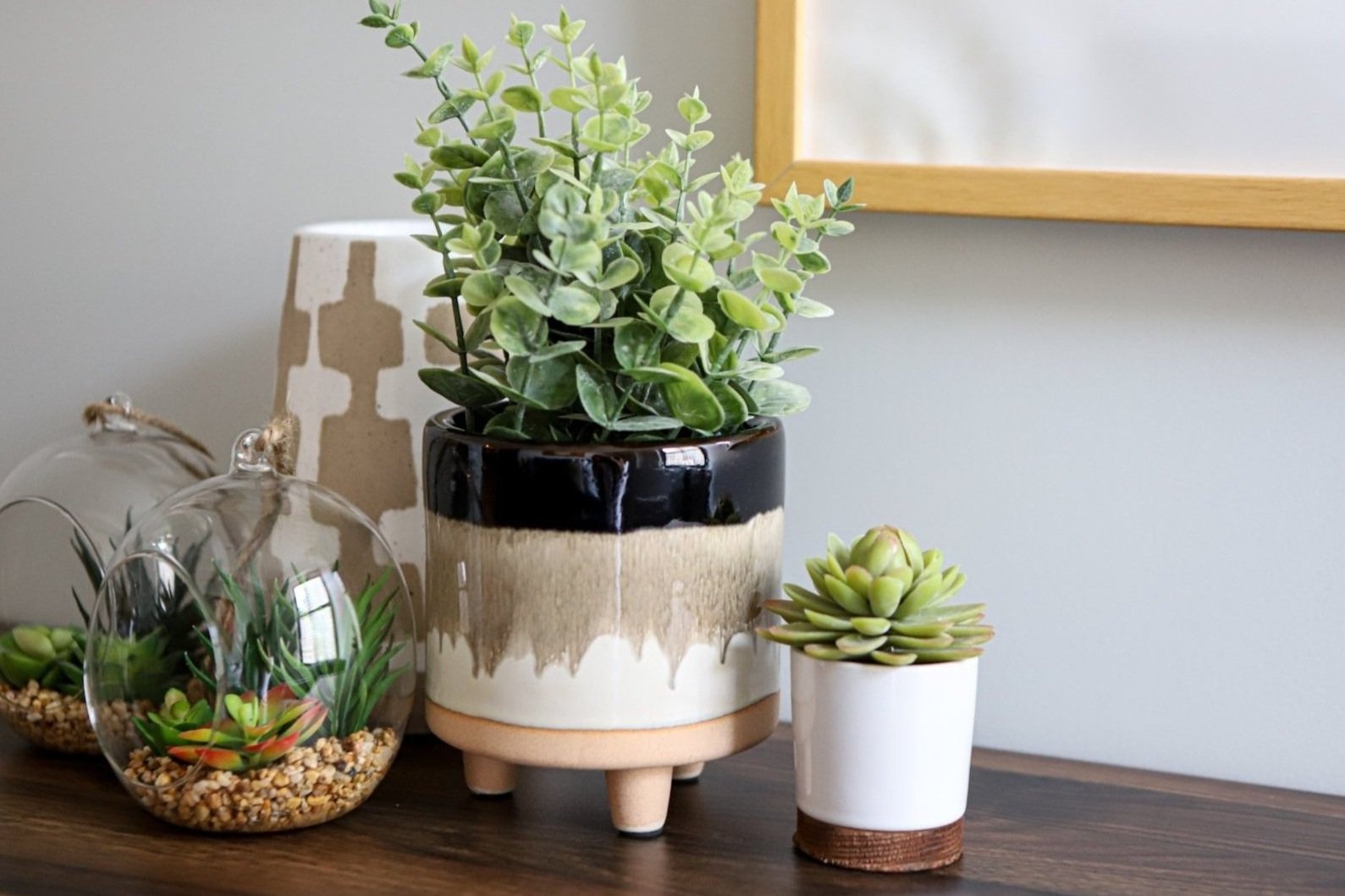Birth and Rebirth: How Becoming a Mom is Making Me A Better Therapist (I Hope)
Author: Kara Lissy
It is probably no surprise that becoming a parent creates a whole new unfamiliar world of feelings. Personally, I never knew it was possible to become so attached to another human being - and in such a short amount of time! If you’ve recently brought a little one home yourself, perhaps you can relate.
I have served longer in my role as a therapist than I have as a mother, so I cannot help but draw parallels between the two experiences. The depth of motherhood has made me appreciate the nuances of humanity, especially when I think about my clients who had traumatic or disappointing formative childhood experiences with their own parents. I witness so much healing in my therapy sessions, and I find myself hoping my therapist self and parent self can work in tandem to create a healthy life for my daughter. The more I discover about myself through this new lens, the more I can appreciate how much therapy really is, at its core, reparenting.
Therapists and parents both must learn how to co-regulate.
You must have seen a sweet video of a mom interacting with her baby. Sometimes they mimic each other, exhibit the same smile or wide eyes, and copy each others’ gestures. This is more than just child’s play - it’s an important and fascinating developmental skill called mirroring. Babies’ mirror neurons help develop their empathy, connection and even comprehension, especially related to emotions.
When you mirror your baby’s coos or cute clapping, you are attuning to them. You are telling your baby, “I’m listening, I’m with you!” Is there anything more important in the therapeutic relationship than attunement? When my clients are sad or angry, I need to signal to them that I get it, which I do so by using my emotional expression. When they are happy or celebratory, I don’t hesitate to express my joy all over my face - and maybe even with some applause of my own. My hope in these moments is that they will translate to the “outside world”, and my clients will feel safe to be their freest, most authentic selves.
Patience is key - in therapy and in parenting.
Having been both a client and a therapist, I know the importance of being patient. As a parent, it takes on a whole new meaning. We cannot rush our children’s developmental milestones, force them to be in a good mood or try new food. We might want to step in and show them how to do something by taking over, but at times we must sit with our feelings of discomfort in watching them struggle to figure out a task.
It is much like the Acceptance and Commitment Therapy tools of observing nonjudgmentally and letting feelings come and go. This is a practice I try to teach my clients who tend to have negative thoughts, feelings and judgments cloud their headspace and prevent them from reaching their goals. (If you would like to learn more about ACT, check out Russ Harris’ YouTube channel here.)
Practicing patience is a radical act of acceptance for the moment and has allowed me to be more present: in the therapy space, with my daughter and with myself.
Unconditional positive regard: Creating a Safe Space
In layman’s terms, the way I understand unconditional positive regard is true and total acceptance; it is my presence making a statement: “No matter what you say, do, or feel in this space, I will listen and hear you out, I will still respect you, and I will never judge you or shame you.” For me, it was this thought I had the first time I held my daughter: no matter who she turns out to be or what kind of life she has, I am always going to love her and take care of her.
If we do not receive this sentiment from our families in the homes where we grew up, it can become increasingly difficult to identify and surround ourselves with people who bring us this comfort out in the “real world”. But there is a silver lining: it is never too late to find your people and your safe places in the world. That’s what therapy is for - to cultivate that positive regard for yourself and help you discover it in others.
Self-Care Takes on a Whole New Meaning
I believe that the haze of postpartum magnifies our existing weaknesses and coping skills. If you are someone who typically needs a lot of sleep, you’re really going to notice when you’re missing it in the first few months. Similarly, if you tend to be disorganized or distracted, these issues might feel even more exaggerated post-partum.
As a therapist, I’m always going to promote therapy, but it truly is a great place to check in with yourself about some of these existing issues. We may have let taking care of ourselves fall to the wayside before baby, but now it’s even more important we pick it back up.
Therapy can also help you put healthy, strong communication structures in place to set you and your family up for success. Neglected check-ins or hesitation to be assertive are insidious ways that can sabotage your self-care.
Remember that the adorable newborn attached to your hip does not negate your right to protect your energy. Just like I would advise a client, it’s important for new parents to ask for some alone time, say “no” to an event that sounds draining or ask for help - even with something that usually isn’t a problem for you.
And the same goes for modeling: I have to take vacations and disconnect from my email sometimes to show my clients I am human, too. Just like it’s important for us parents to go on dates without our kids or nights out with other friends to show them that we value our rich, fun lives outside of parenting.
Trusting in the unknown
This is a task I often refer to as the “final frontier” in therapy, but also in child-rearing. We come as prepared as possible - with our notebook filled with reflections, failed coping skills and goals for the future; or with our books on sleep-training and developmental tasks and calendars prepped for Mommy & Me classes. And then, we begin. And we quickly realize that in spite of our intense preparations and expectations, we actually have no idea what we are doing.
So much of raising a child and healing the child within us involves taking a giant leap without totally knowing if there is a step there. Self-development can feel autonomous yet scary, cautious but optimistic, bringing relief only to be met with more challenges immediately after.
The most beautiful part about trusting in the unknown is that you are creating the path you are not sure exists with every step you take. And whether you’re helping a toddler learn to walk, or helping yourself learn to take a deep breath before reacting, some day you’re going to turn around and see the beautiful path you forged to get where you are.










